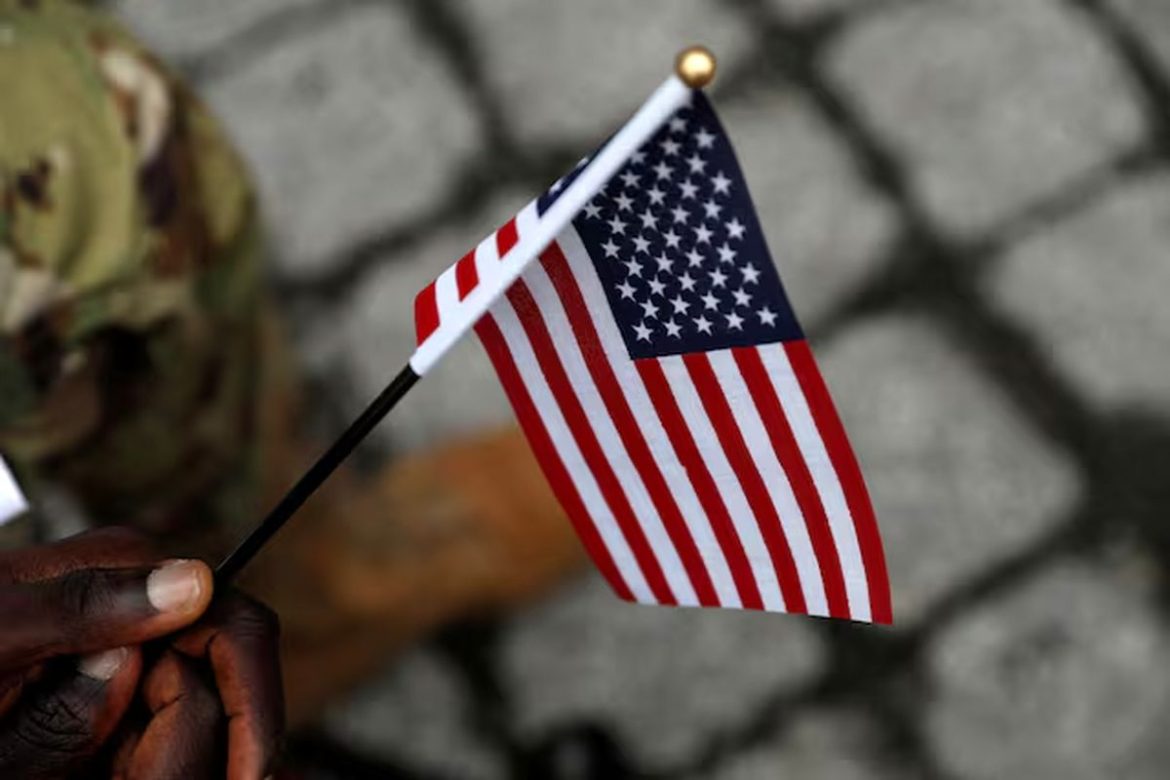The U.S. Citizenship and Immigration Services (USCIS) has announced new policy changes limiting visa eligibility for transgender women—particularly those born male—who wish to participate in women’s athletic competitions in the United States. The move, rooted in the Trump administration’s broader efforts to redefine gender and sporting fairness, has sparked polarized responses across civil rights, educational, and athletic communities.
New USCIS Policy Targets Visa Eligibility for Transgender Women in Sports
USCIS has updated its immigration policy to treat participation by transgender women—defined by the agency as “male athletes” competing in women’s sports—as a negative criterion when reviewing visa applications. The revised guidance affects visa categories including O-1A (extraordinary ability), EB-1 and EB-2 green cards for highly skilled individuals, as well as national interest waivers.
USCIS spokesperson Matthew Tragesser emphasized, “USCIS is closing the loophole for foreign male athletes whose only chance at winning elite sports is to change their gender identity and leverage their biological advantages against women… only female athletes receive a visa to come to the U.S. to participate in women’s sports.”
Context: Trump’s Executive Order “Keeping Men Out of Women’s Sports”
This policy stems from Executive Order 14201, signed by President Trump on February 5, 2025. The order bans transgender women athletes from women’s sports in federally funded schools and institutions, citing fairness under Title IX. It also threatened to withdraw federal funding from non-compliant institutions.
Following this, the State Department flagged visas of transgender athletes with the marker ‘SWS25’ and imposed bans on those listing a gender mismatch from birth documents.

Institutional Alignment and Sporting Bodies’ Response
The U.S. Olympic & Paralympic Committee (USOPC) soon updated its guidelines to align with the executive order. The NCAA followed suit, restricting women’s collegiate sports to athletes assigned female at birth.
Legal and Rights Concerns
Critics argue the new policy is discriminatory and counter to civil rights protections under Title IX and broader U.S. anti-discrimination laws.
Immigration experts warn the scope could extend beyond athletes, affecting all transgender visa applicants whose documents or self-identified gender differ from their sex at birth.
Upcoming Legal Challenges
The U.S. Supreme Court recently agreed to hear two major cases—West Virginia v. B.P.J. and Little v. Hecox—concerning state bans on transgender girls in school sports. These cases may significantly influence how courts interpret equal protection and Title IX in this context.
From: France 24


